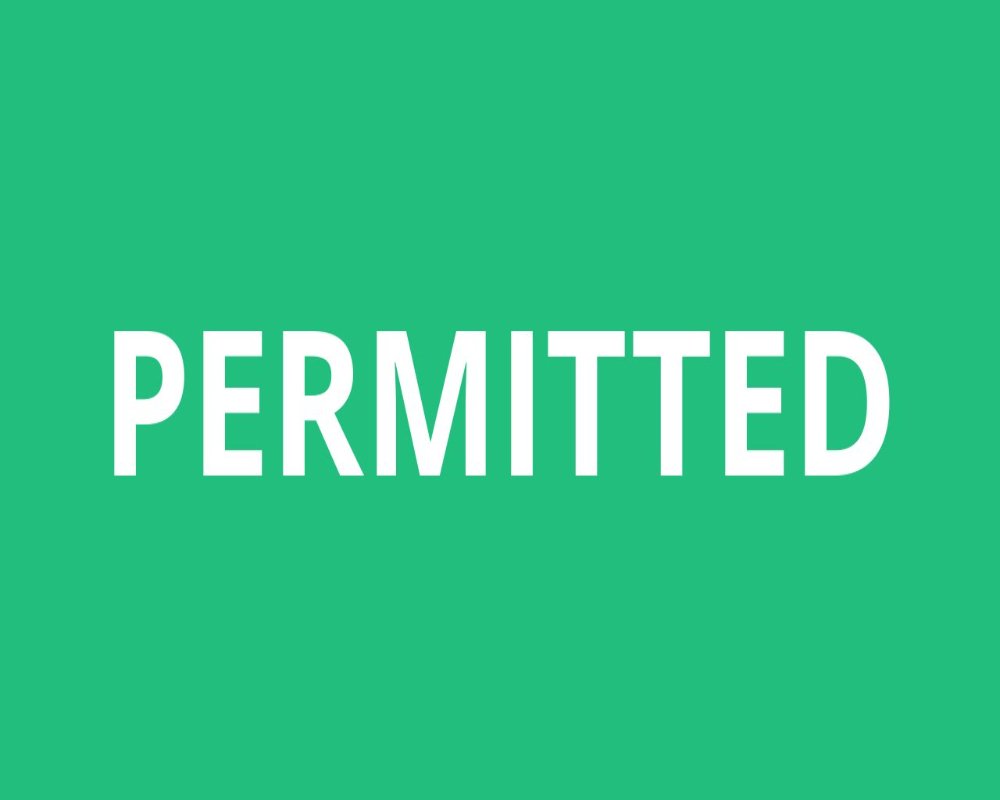Introduction
Commercial land zoning is a legal framework that regulates how parcels of land can be used for business and trade-related activities. Within each commercial zoning category, there are permitted uses—specific business operations and developments that are allowed without the need for special approval. These permitted uses are defined by local planning authorities to ensure that commercial activities align with the intended character of a neighborhood or business district. Understanding the permitted uses in commercial land zones is essential for developers, investors, entrepreneurs, and city planners, as it helps streamline the approval process, prevent land-use conflicts, and encourage sustainable development.
1. Retail Stores and Showrooms
Retail activity is one of the most common permitted uses in commercial zones. Businesses such as clothing stores, electronics shops, furniture outlets, bookshops, and department stores are typically allowed in neighborhood, general, and central commercial zones. These establishments often serve both local communities and city-wide customers, depending on their size and location. Retail uses are encouraged in areas with high pedestrian and vehicle access to support economic activity and convenience.
2. Restaurants and Cafés
Food service establishments like restaurants, cafés, coffee shops, bakeries, and fast-food outlets are widely permitted in commercial zones. These businesses contribute to the vibrancy and social engagement of commercial districts. Local zoning laws may specify operational hours, seating capacity, and parking requirements, particularly in zones adjacent to residential areas. Outdoor dining, food trucks, and drive-through services may also be permitted with conditions.
3. Office Spaces and Professional Services
Office buildings and professional service providers—such as law firms, accounting firms, consulting agencies, IT service providers, and co-working spaces—are typically permitted in general commercial, office commercial, and central business zones. These uses generate moderate foot traffic and are essential to urban economies. In some zones, medical and dental clinics are also allowed under the office-use category, provided they meet health and safety codes.
4. Personal and Consumer Services
Personal service businesses such as beauty salons, barber shops, spas, tailoring shops, dry cleaners, fitness centers, and pet grooming salons are commonly permitted in commercial land zones. These establishments offer routine services to local residents and are often allowed in neighborhood and general commercial areas. Their inclusion promotes convenience and supports small-scale entrepreneurship.
5. Financial Institutions
Banks, credit unions, insurance agencies, and loan offices are essential components of commercial zones. These financial institutions are typically permitted by right in general and central commercial zones due to their role in supporting business transactions and economic activity. Zoning regulations may address issues like ATM placement, queuing space, and on-site security.
6. Entertainment and Recreational Facilities
Certain commercial zones allow entertainment and recreation-related businesses, including cinemas, game arcades, indoor sports complexes, and theaters. These uses are generally permitted in zones with sufficient infrastructure to handle high visitor volume and traffic. In many cases, additional regulations may apply to noise levels, hours of operation, and parking availability to minimize disturbances to nearby areas.
7. Lodging and Hospitality
Hotels, motels, guest houses, and serviced apartments are frequently permitted in central business districts and highway commercial zones. These establishments cater to business travelers, tourists, and transient populations. Local zoning laws may impose requirements related to building design, fire safety, and on-site amenities. Boutique hotels may also be allowed in mixed-use zones or heritage areas under special conditions.
8. Automobile Services
Auto-related services such as repair garages, car washes, tire shops, and vehicle rental agencies are generally permitted in general commercial or highway commercial zones. Due to the noise and traffic they generate, these uses are often excluded from neighborhood commercial zones. Planning authorities may regulate environmental compliance, waste disposal, and distance from schools or residential areas.
9. Warehousing and Logistics
Small-scale warehousing, distribution centers, and storage facilities may be permitted in specific commercial zones, particularly in peripheral or transitional areas. These uses are essential for e-commerce businesses, local suppliers, and retail inventory management. Regulations often require sufficient loading/unloading zones, vehicle maneuverability, and restrictions on hazardous materials.
10. Educational and Training Institutions
Vocational schools, training centers, language institutes, and coaching academies are permitted in several commercial zones, depending on their size and impact. These establishments contribute to workforce development and skill-building. Zoning codes may regulate class sizes, parking provisions, and integration with other commercial activities to ensure compatibility with surrounding uses.
Conclusion
Permitted uses in commercial land zones are designed to enable diverse, productive, and harmonious economic activity within urban environments. By clearly defining what types of businesses can operate in each zone, local governments ensure that development is predictable, organized, and beneficial to the community. These uses range from retail and dining to professional services and entertainment, each contributing uniquely to the urban fabric. For stakeholders in commercial development, understanding permitted uses is key to site selection, design planning, and regulatory compliance. As cities continue to evolve, flexible and inclusive zoning practices will remain essential to fostering innovation, accessibility, and sustainable growth.
Hashtags
#CommercialLand #ZoningLaws #LandUse #UrbanPlanning #RealEstate #PropertyDevelopment #BusinessZones #LandRegulations #CommercialRealEstate #ZoningPermits #LandUsePlanning #BusinessDevelopment #CommercialProperties #RealEstateInvesting #ZoningCompliance #LandUseRegulations #PropertyManagement #CommercialZoning #UrbanDevelopment #BusinessOpportunities


